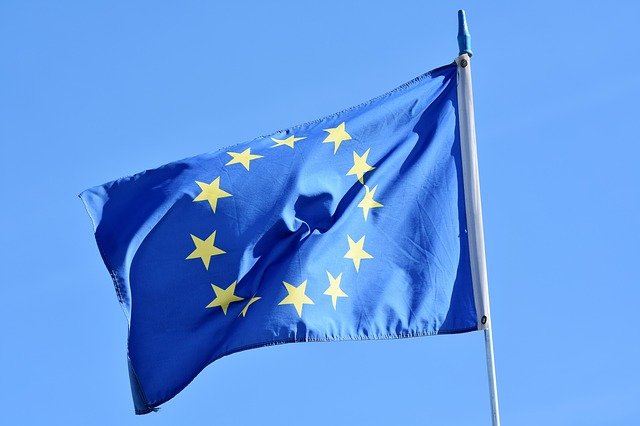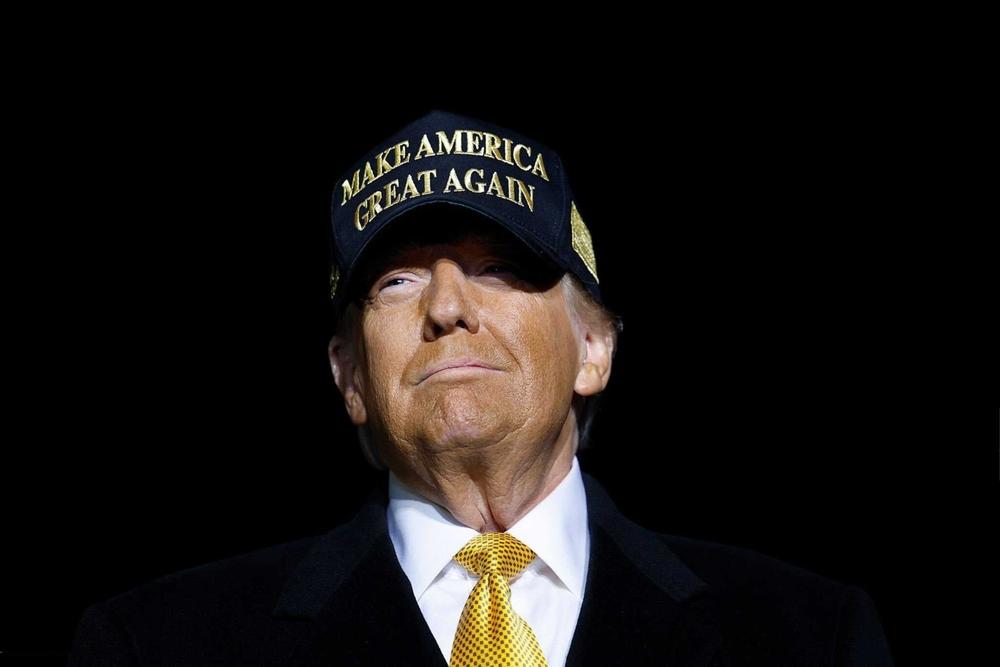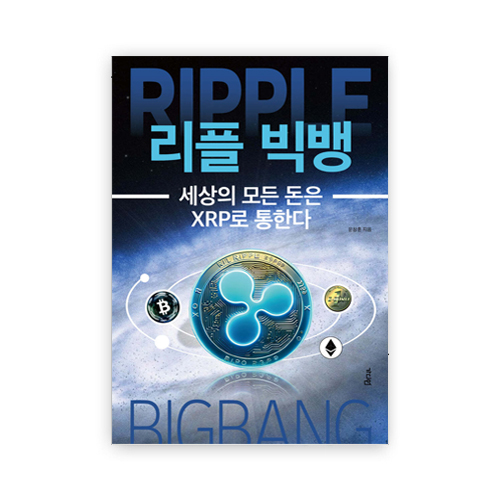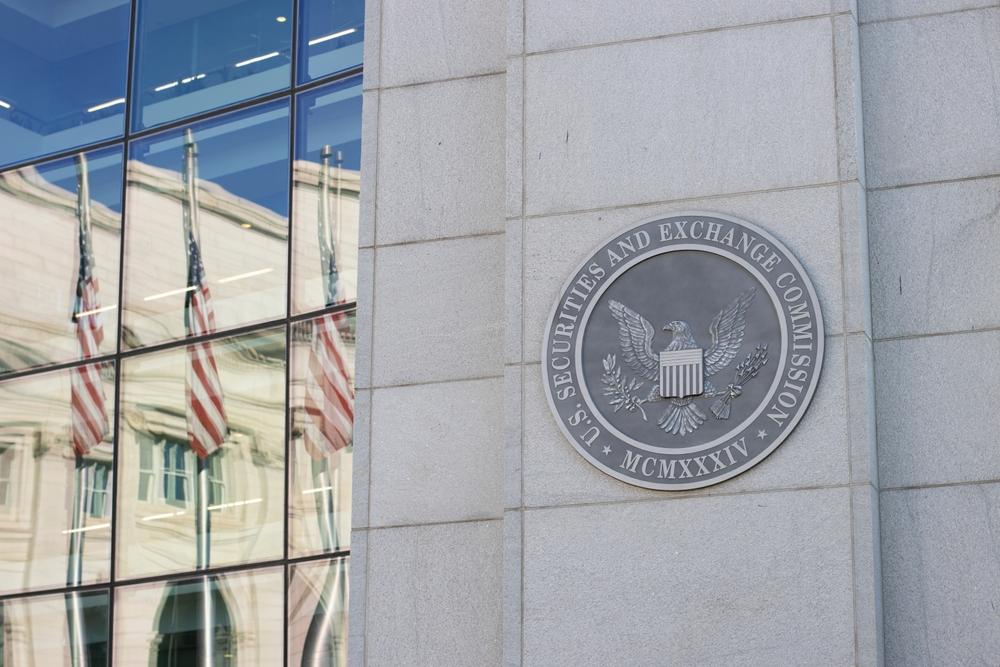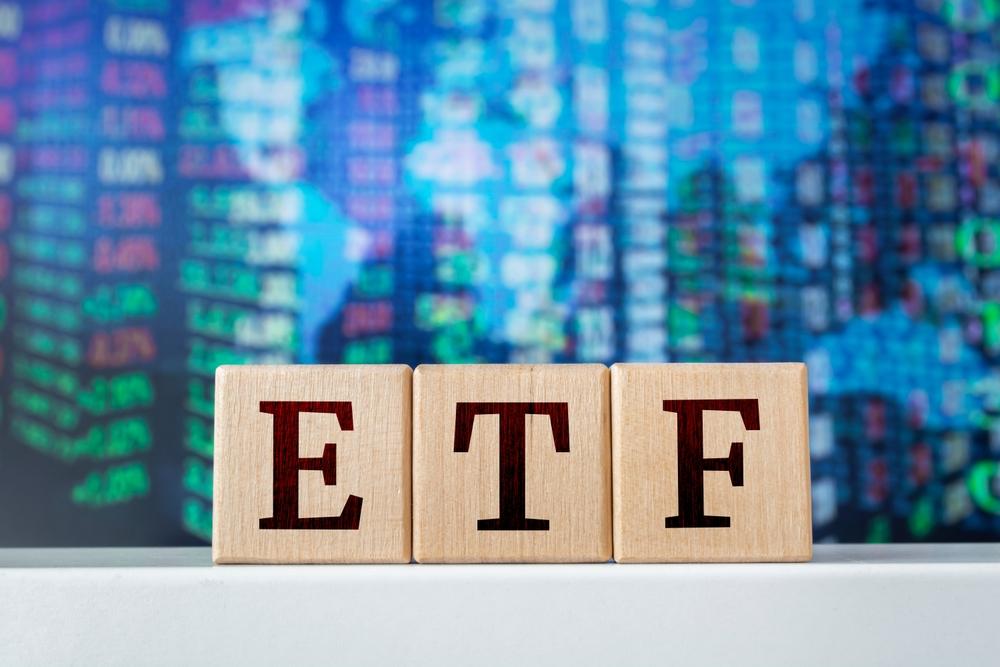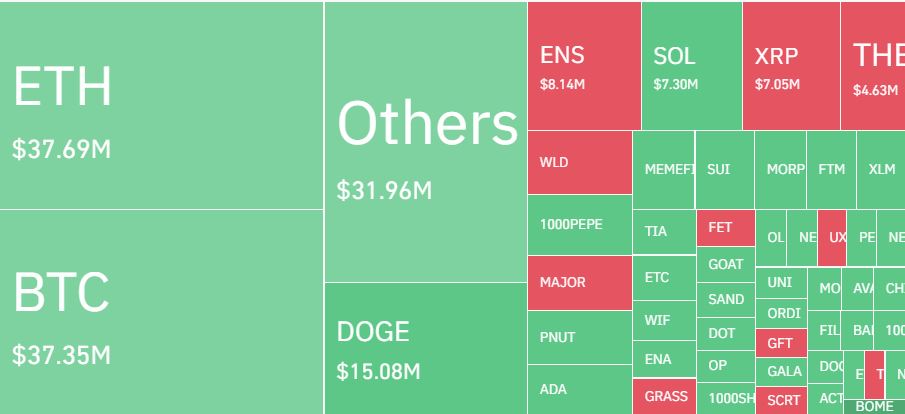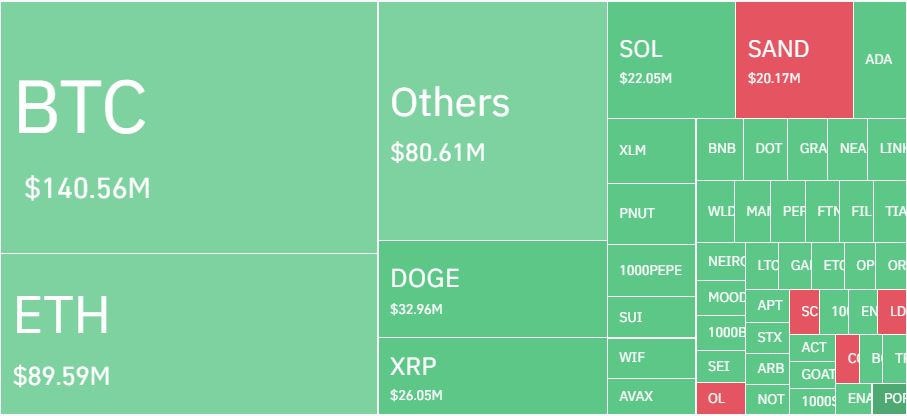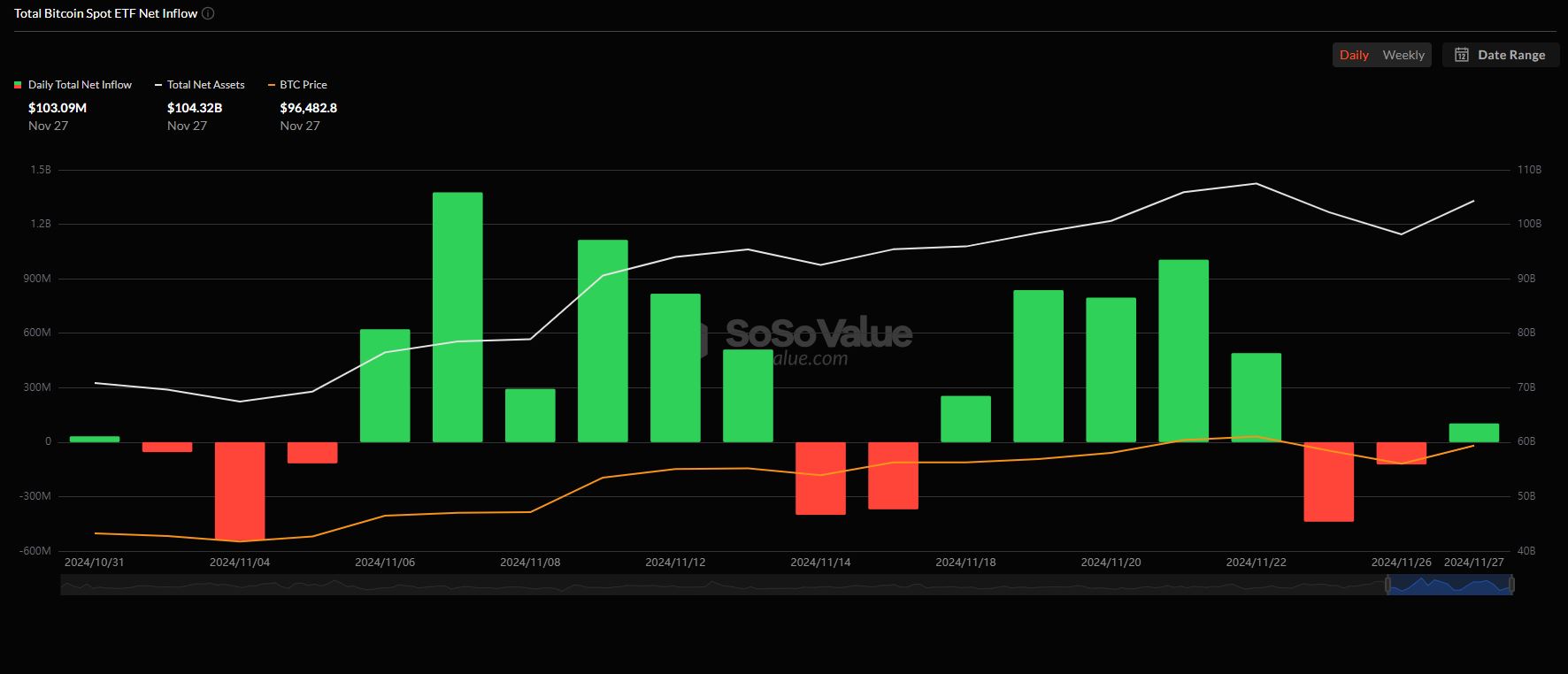The European Central Bank (ECB) recently shed light on the need for effective regulations surrounding Decentralized Autonomous Organizations (DAOs) for them to integrate seamlessly into the future financial landscape. Ellen Naudts, an expert in Market Infrastructure Payments at the ECB, penned a paper titled "The future of DAOs in finance - in need of legal status," delving deep into the implications of DAOs in the current financial world.
The paper emphasizes the rapid evolution of technology, particularly DAOs, and how it has sped past existing regulatory standards. This disparity has been observed to negatively impact both the security of financial operations and the sustainable growth of the decentralized ecosystem.
DAOs, characterized by their unique propositions in the market, have made significant inroads. However, the existing regulatory procedures, designed in a time much before digital transformation, fall short in addressing the potential challenges and risks posed by these organizations to investors.
The conclusion of the paper strongly advocated for global regulatory clarity and enhancements for DAOs. Unless these decentralized platforms are subjected to stringent regulations that cater to their unique challenges and ensure consumer protection, their prominence in the future financial sector might remain circumscribed.
In line with these regulatory discussions, Fabio Panetta, a member of the ECB's executive board, has been vocal about the potential of a digital euro in solidifying Europe's position in the league of pioneering economies. Panetta expressed his endorsement of the European Commission's legislative initiatives for the digital euro.
He underscored its importance in guaranteeing European citizens consistent access to a public payment medium. This assurance is vital, especially when considering the rising dominance of proprietary payment services that often operate in isolated ecosystems, thus limiting their universality.













 0
0


